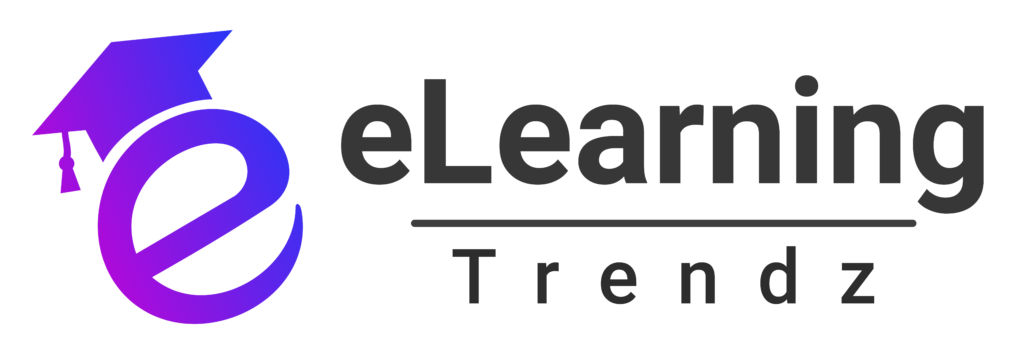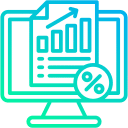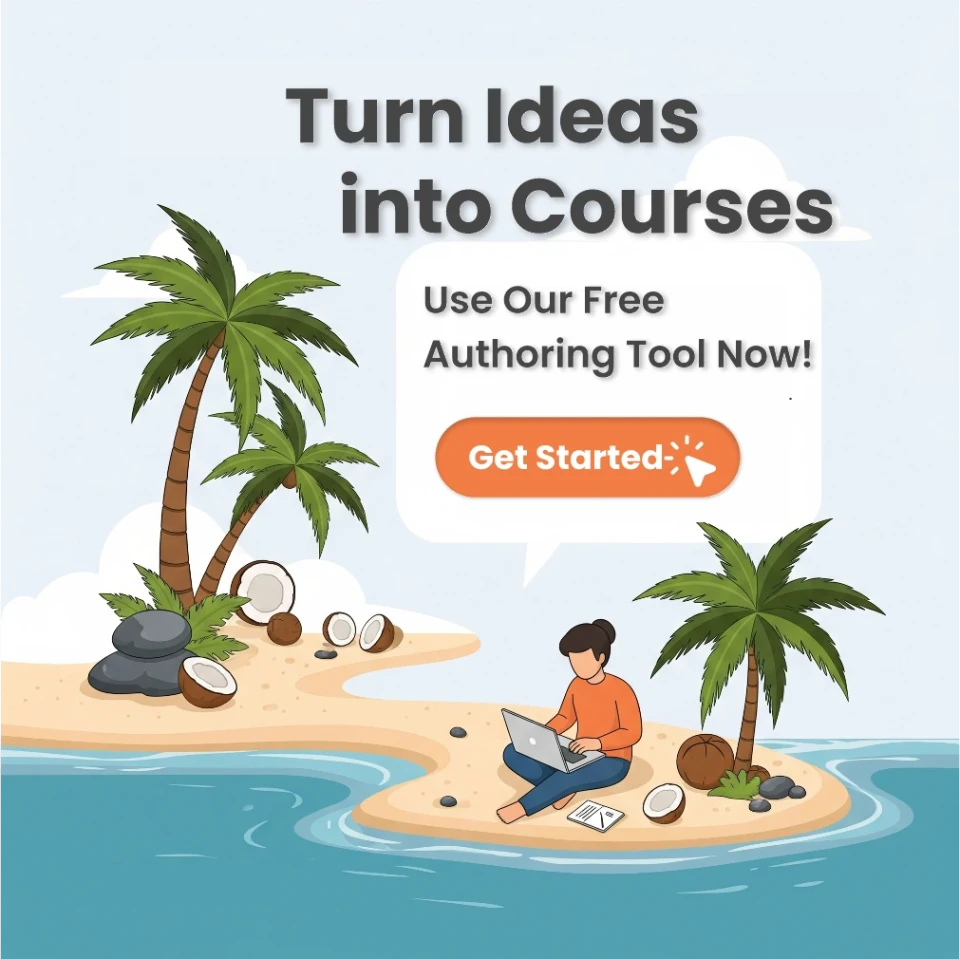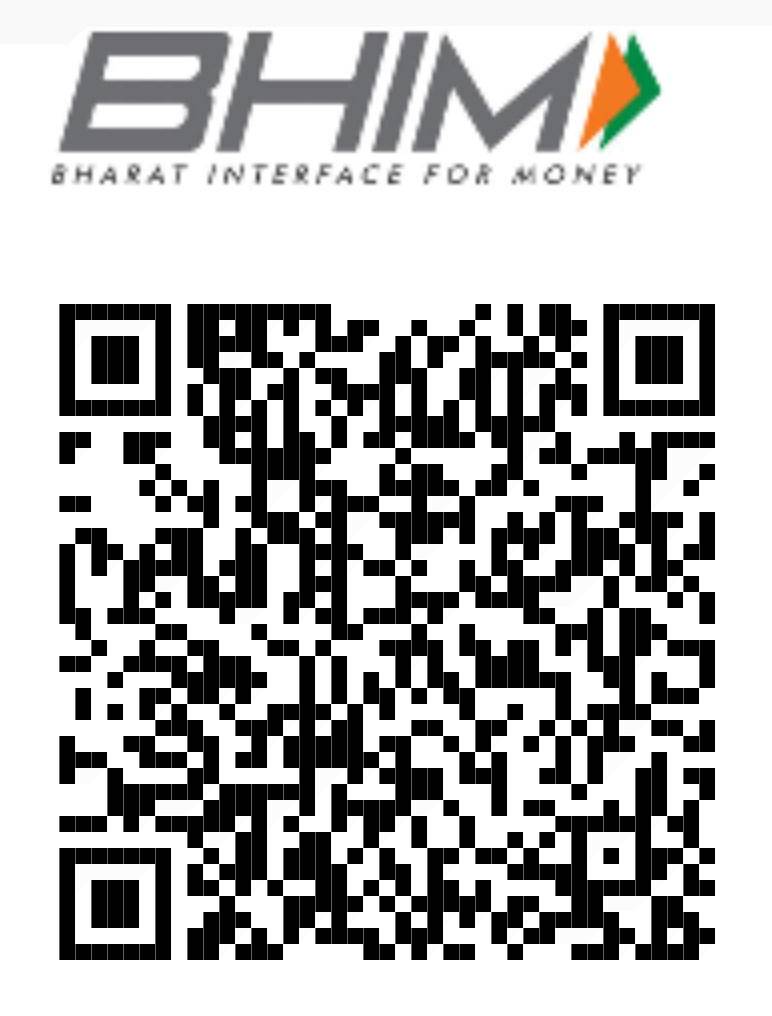Why Converting PPT to SCORM Matters in Modern eLearning
In today’s digital learning landscape, static PowerPoint presentations alone no longer suffice. To create engaging, measurable, and scalable online courses, organizations are turning to SCORM (Sharable Content Object Reference Model). SCORM provides a universal standard that ensures eLearning content works seamlessly across various Learning Management Systems (LMS), allowing educators and corporate trainers to deliver dynamic, trackable learning experiences.
Converting your presentations into SCORM-compliant modules enables you to harness the full power of your LMS, from interactive activities to detailed learner analytics, ensuring your training initiatives are effective, measurable, and future-proof.
The Role of SCORM in eLearning
SCORM acts as the bridge between your content and the LMS. Without it, static slides offer minimal insights into learner progress and engagement. With SCORM compliance, your eLearning modules can:
- Integrate easily with any LMS
- Track learner progress and completion rates
- Record quiz scores, time spent, and interaction data
- Provide actionable insights for training optimization
By adopting SCORM standards, organizations can transform traditional presentations into fully interactive courses that promote active learning and measurable results.
Why PowerPoint Alone Isn’t Enough
While PowerPoint is familiar and easy to use, it has limitations in an LMS environment:
- Slides are static and lack interactivity
- No automatic tracking of learner engagement or progress
- Limited support for quizzes, assessments, or multimedia integration
- Difficult to personalize learning experiences
Simply uploading PPT files to an LMS does not leverage the platform’s capabilities. To make courses truly interactive and trackable, PPT to SCORM conversion for eLearning is essential.
Benefits of Converting PPT to SCORM
1. Increased Engagement
By converting slides into SCORM modules, you can embed quizzes, interactive scenarios, branching pathways, and multimedia content. Learners become active participants, which improves knowledge retention and motivation.
2. Detailed Tracking and Reporting
SCORM allows LMS platforms to capture metrics such as module completion, assessment scores, and time spent on each section. This data enables trainers to personalize learning paths, identify knowledge gaps, and ensure compliance where necessary.
3. Scalability and Reusability
SCORM modules are modular and adaptable, making them easy to update and reuse across multiple courses or platforms. This reduces development time and ensures consistent learning experiences.
4. Alignment with Global Standards
SCORM-compliant content meets international eLearning standards, guaranteeing compatibility with a wide range of LMS platforms and ensuring your content remains relevant as technology evolves.
Steps to Convert PPT to SCORM
Step 1: Understand SCORM
Before starting, familiarize yourself with SCORM essentials:
- Manifest File (imsmanifest.xml): Defines course structure
- SCOs (Sharable Content Objects): Independent learning units
- Tracking Elements: Data on progress, scores, and completion
Understanding these components ensures smooth LMS integration.
Step 2: Select the Right Authoring Tool
Several tools can convert PPT to SCORM:
- CogniSpark AI: CogniSpark AI is a free eLearning authoring tool that automatically generates SCORM-compliant courses. Easily create and publish interactive training content without any technical skills.
- Articulate Storyline or Rise: Easily imports PPT and exports SCORM packages
- iSpring Suite: Converts slides into interactive SCORM modules
- Adobe Captivate: Advanced customization options
- LMS plugins: Some platforms provide built-in conversion tools
Choose based on interactivity needs, SCORM version support, and ease of use.
Step 3: Prepare Your Content
- Simplify slides and remove incompatible animations
- Add quizzes, assessments, or multimedia elements
- Maintain consistent formatting and visuals
- Ensure media is in compatible formats (MP4, JPEG, PNG)
Step 4: Convert and Configure
- Import your PPT into the authoring tool
- Add interactivity and multimedia elements
- Set SCORM parameters like tracking, completion, and reporting
- Publish the SCORM package and validate through tools like SCORM Cloud
Step 5: Test Thoroughly
- Verify progress tracking and score recording
- Ensure multimedia and navigation work correctly
- Gather feedback from test learners and refine as needed
Best Practices for PPT to SCORM Conversion
- Design for accessibility with ALT text and captions
- Keep courses concise and focused
- Compress media files to reduce loading times
- Maintain consistent branding and style
- Update content regularly to ensure relevance
Common Pitfalls to Avoid
- Skipping SCORM compliance testing
- Overloading courses with heavy multimedia
- Ignoring accessibility and inclusive design
- Failing to properly plan assessments
- Using inconsistent formatting that may break the course
Conclusion
Converting PowerPoint slides into SCORM-compliant modules is a strategic step for organizations looking to deliver interactive, measurable, and scalable eLearning. This process unlocks the full potential of your LMS, improves learner engagement, and ensures accurate tracking of progress and performance.
By following best practices and using the right tools, your PPT content can transform into dynamic learning experiences that meet modern eLearning standards. Platforms like Paradiso LMS simplify the journey with built-in SCORM compliance and authoring capabilities, making your transition to interactive eLearning smooth and effective.
